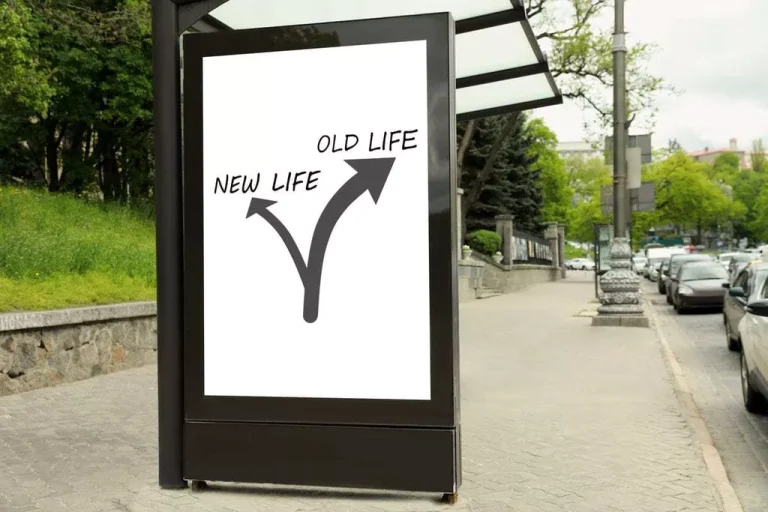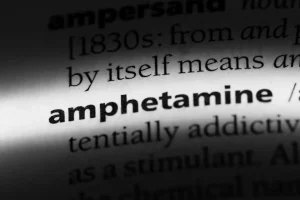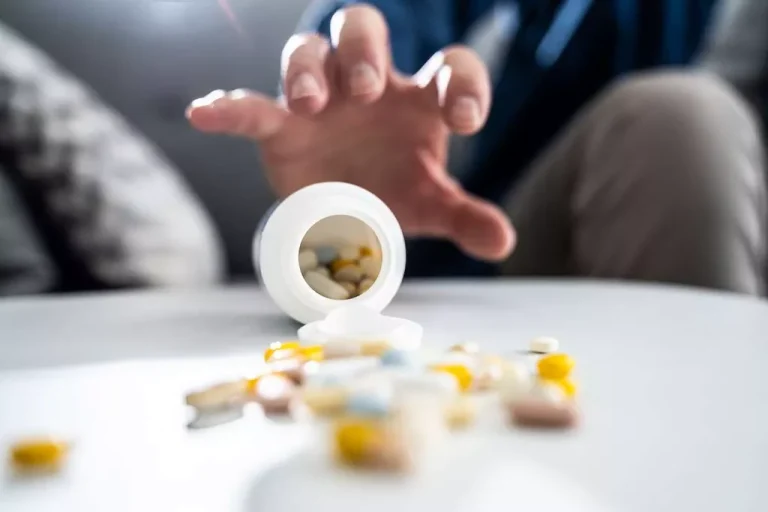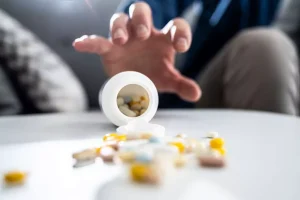How to Stay Sober: Tips for Getting and Staying Sober
Category : Sober living

Some powerful tools include establishing a routine, turning to supportive loved ones, and managing triggers. For many, professional treatment is essential for achieving sobriety. If you or a loved one struggles to stay sober, remember that addiction is a physical and psychological issue. The challenge of staying sober varies in intensity from person to person.
How common is relapse?

When feelings of shame or guilt enter your mind, always have a few self-care routines to turn to. Getting sober may seem difficult, but there are strategies you can use to get and maintain sobriety. Some are structured in programs, such as the 12-step approach used by Alcoholics Anonymous and similar addiction recovery programs.

Seek Professional or Peer Support
Even if your friends are not outwardly pressuring you to drink, being around everyone as they’re drinking can spark internal pressure to cave. If you’re sober, you’ve already found strategies to avoid drinking; the key is to keep up with what’s worked and consider additional ways to stay focused on your goal. But first, let’s clarify what sobriety actually means. Professional addiction treatment helps you manage withdrawal symptoms when you first decide to stay sober. Additionally, it can help you manage the challenges of addiction. Although many people can stay sober without professional help, others find this professional level of support necessary in their recovery.
How to socialize without alcohol: 12 tips for a fun and sober social life

If things have gotten awkward since you stopped drinking, putting a little space between you and your friends is fine, especially if yours was a boozy bunch. As difficult as it is, you can’t keep people around you who don’t support your sobriety. You’re not being lame for reacting to them like this. People who are supportive and healthy for you to be around will apologize. You may not think you have much of a creative side, but maybe you just haven’t found being sober around drinkers the right outlet. Sober activities should be accessible activities you enjoy and want to return to, even if you don’t think you’re that good at them.

If you have an alcohol problem, remember that it is not possible for you to drink any amount of alcohol without risking relapse. Some people may find that wearable devices and smartphone apps can support their recovery from alcohol use disorder. Biosensors monitor physical changes, detect alcohol use, and identify relapse risk. Studies suggest digital health options can improve access to care for some of the 15 million people experiencing alcohol use disorder each year. There are common setbacks to getting and staying sober like withdrawal, craving, and pressure to use.
- Sometimes, it’s just about looking in the right places.
- It’s particularly effective for opioid and alcohol use disorders.
- I thought getting pregnant would be impossible after years and years of abusing my body, yet right before I hit one year of sobriety, my son was born.
- Some people may feel so “broken” that they almost feel they can no longer experience joy and confidence, or have healthy relationships again.
- I had no idea how I was going to clean up, all I knew was that I was so done with this lifestyle.
If they don’t love baths, follow it up with all the treats. Combining therapy with support groups can greatly improve your odds of success. The growth stage is all about improving and moving forward. During this period, you can expect to develop new skills you may have never learned that made you more susceptible to AUD in the first place. I imagine a man drowning in the ocean, who just before going under for the last time sees a ship sailing towards him.


